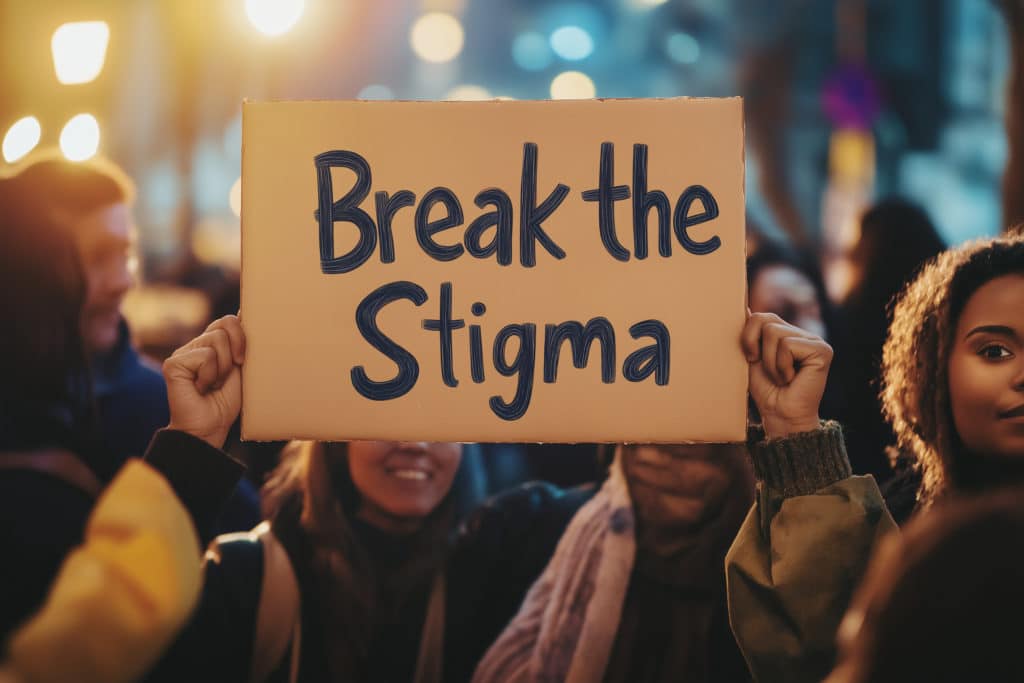
Separation and divorce extend their reach into almost every aspect of a person’s life. The decision to end a relationship with a partner is complex and abundant with layers of change, stress, grief, pain, and growth. The duration of a relationship is not an adequate measure of the emotional toll it can take on partners and others involved, but it can reveal how much has been intertwined. The status of how many aspects of the partners’ lives have been interconnected and for how long are likely indicators of the efforts needed to separate.
Relationships that end in which partners have not had children, shared finances, housing, or pets can more readily focus on the emotions of a separation. Shared friends, coworkers, and places of interest may present confusion about how to continue to participate in those relationships or familiar places. In these types of separations, there is a grieving of what was hoped for but did not come to fruition; sharing a home, travel plans, upcoming tickets to concerts, family gatherings, sharing holidays, building a family, and so much more. Being around certain people that were in your circle as a couple may cause great embarrassment. Reasons such as infidelity can make it hard to feel the strength to be social again. There can be worry and shame about being unable to control the narrative of what others are thinking.
Relationships in which partners have had children, shared homes, pets, and finances have both emotional and logistical areas to navigate. How the path of separation unfolds is heavily dependent on if it is amicable or contentious.
A contentious divorce or separation cannot only present legal challenges but also raise real safety concerns. Physical, sexual, and emotional abuse can prevent a partner from being able to safely leave a relationship. Children, access to housing and finances, transportation, shame, fear of not being believed, are just some of the reasons that prevent a partner from being able to leave a relationship. Partners who do leave a relationship with their children, may face sudden instability in how to financially provide for them. Childcare for working, single parents could impact the ability to pay rent or sustain a job. Partners can truly fear for how an abusive partner will react or retaliate against their decision to leave.
Many people struggle with imagining their identity without their partner. How will they tell their family, their children, their friends, their coworkers, members of their community? Does making the decision to separate cause potential judgment or cutoff from loved ones? Does culture or religion influence the support or lack thereof from the community?
Even relatively amicable divorces or separations can test communication skills. Communication styles that worked in a committed relationship before might not transfer smoothly into how to separate. Finding a path to co-parenting is a common example of where parents face the ruptures in their relationship and communication. Deciding how and when to tell children, how much to tell, and how to model a constructive way forward can stir up a multitude of emotions.
Divorce or separation from a partner can uproot our lives, our stability, our family dynamics, our emotional well-being. It can be a loss that’s all consuming and difficult to articulate. The emotional weight can be burdensome and one that we fear unloading any part of onto anyone else. Shame and embarrassment can prevent a person from opening up to others who care about them. There can be a real struggle with accepting that a separation is happening to our relationship. Children, family members, and other parts of our support system might not fully understand why a separation is warranted. We might even be met with judgment and strong opinions by those closest to us. How can we support children through the grief and loss of separation when we ourselves feel numb, empty, broken, hopeless? How do we pick up the pieces and reimagine our lives? Where do we start?
Try therapy. What if you allowed yourself an hour each week to slowly unpack the emotional toll that your divorce or separation has had on you? A therapist is trained in various modalities to meet your needs; however, they may be presenting. Strong support systems still have limitations on the type of deep emotional support they can offer. Therapists cultivate professional relationships with patients that enable vulnerable conversations to take place. Therapists will carefully look at your emotional wounds with you, gradually, over time. When you’re ready to start picking up the pieces, therapy may be a strong start into building a bridge into your new life forward.
Stay Updated With The Most Recent News & Blogs From Soultenders.
Get blog articles and offers via email







